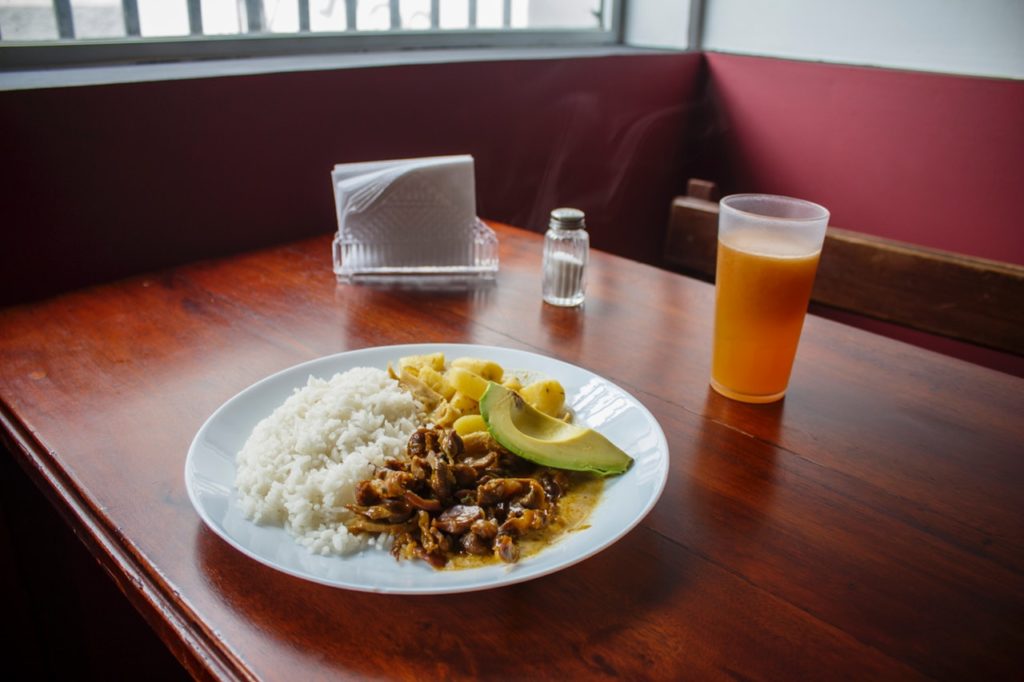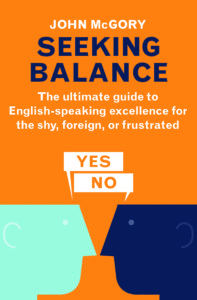
Speaking English is important like eating food or drinking water. But how much food do you waste in a day? Leftover restaurant French fries you just can’t or won’t finish or those last few spoons of the morning’s oatmeal.
Food is dispensable in the age of plenty. “Throw it away,” we command as if 17th century royalty, rarely considering the effort or cost.
English speaking falls into the same category of needless excess. People talk, we get full, and unceremoniously stop listening, our ears like forks or chopstick set down. We fail to realize speaking English is important.

We all play the role of the royal king or queen bellowing to the humble servant “Be gone with yourself knave, cannot you see blind fool that we have had more than enough of your silly words.”
The importance of the seemingly unnecessary was brought home to me recently by a Chinese acquaintance.
The story of rice
Frank and I worked Thursdays editing Changjiang Weekly, Wuhan’s English newspaper.
Frank (his English name) is a tall, intelligent 63-year-old who worked as a university administrator before retiring and taking this part-time job.
We would leave each week precisely at noon for lunch at a small canteen near the office. Our conversations invariably turned to rice. The servers gave me too much. I’d tell them not to do it. The message got lost in the translation. Frank would comment about the rice situation. Leftovers got thrown away.
One Thursday he eyed my plate and the pile of uneaten rice tauntingly stared back at him. He explained the importance of rice.
“Rice fills the stomach while the other dishes require it to reduce the salty or spicy taste. Rice is essential.”


We returned to the office. Frank fiddled with his phone for a moment and said, “Look at this. Do you know what they are doing?”
The rhythmic video captured four men bent at the waist planting rice in a continual motion.
“Planting rice, right? Man, that looks like hard work,” I replied.
“I did this as a young man,” he told me. “Food was very precious.”
“How many years did you do it?” I asked.
“From the age of 17 till I was 20,” Frank said.
“Hmmm,” visualizing my recently-thrown-away plate of rice.
“Yes, it was very hard. There is a saying, ‘Each grain of rice is a bead of sweat,’” he quietly commented.

Conversation can be very hard too. Words come with toil as people work hard to satisfy others’ hunger for nourishing human contact because speaking English is important.
How well do you respect and accept their beads of sweat? Plato said “People are like dirt. They can either nourish you and help you grow as a person or they can stunt your growth and make you wilt and die.”
The next time you casually throw away another’s sweat-soaked English language think again. Are you helping them grow or is your royal indifference in the age of plenty stunting their growth and tainting your reputation?
Don’t take food or English for granted. How they get to our table matters a great deal. Speaking English is important.
John McGory is the author of Seeking Balance: The ultimate guide to English-speaking excellence for the shy, foreign, or frustrated.

